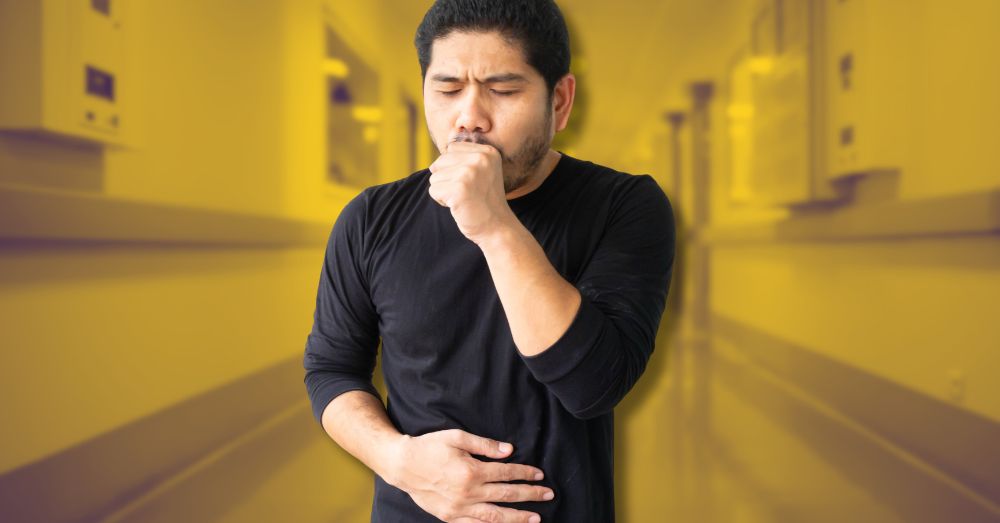The COVID-19 pandemic prompted the world to witness bustling cities brought to a standstill, emptied streets of their usual commotion, and confined millions within the walls of their homes. Among the earliest and most stringent responses to the emerging crisis was that of India. On March 24, 2020, the government of India implemented sweeping nationwide lockdown measures, effectively halting the lives of over 1.3 billion people in an effort to combat the escalating threat.
This seismic shift reshaped the very fabric of daily life, altering how people work, interact, and navigate their routines. Among those most profoundly impacted were the nation’s youth, constituting 65% of India’s population. In an effort to understand the experiences and perceptions during this period, Youth Ki Awaaz and Observer Research Foundation conducted a survey to investigate the perspectives of India’s urban youth. The survey was conducted among 4,599 individuals aged between 18 and 32, residing in the metropolises of Delhi, Mumbai, Bengaluru, Kolkata, Chennai, and Hyderabad.
Family Dynamics and Wellbeing
The interplay of family dynamics and the wellbeing of the young population in the country can be observed through the data collected. A substantial 71% of respondents reported living with their families. This finding raises interesting questions, hinting at a possible connection between the high number of respondents living with their families and the traditional expectation of families as the main source of social support and protection.
Social protection stands as a cornerstone in fostering balanced development, which in turn fuels the transition towards a stronger, more resilient economy. It plays a pivotal role in enhancing access to employment opportunities, vital services, and overall quality of life. Many recognize its significance in providing income security, thereby mitigating poverty, while also shielding individuals from various risks.
Moreover, social protection facilitates greater access to education and healthcare, which are fundamental for personal development and societal progress. By bolstering productivity and economic stability, social protection contributes to the overall well-being of communities.
Paradoxically, just 31% of the respondents say that they have health insurance either through their employer or privately.
Without comprehensive health insurance, individuals are left vulnerable to financial strain and limited access to medical services, thereby hindering personal development and societal progress.
In such circumstances, young people may find themselves compelled to remain with their families, despite potential discomfort or safety concerns. The need for financial support, including healthcare coverage, often outweighs other considerations, leading to a reliance on familial support systems for basic needs and medical care.
Exploring the Complexity of Personal Safety
This dependency on family support, driven by the absence of adequate health insurance, can perpetuate a cycle of limited opportunities and constrained mobility for young individuals. It not only impacts their autonomy and independence but also affects broader societal dynamics, as young people may delay or forgo important life milestones such as moving out or starting their own families.
According to the data collected, nearly one-third or 29% of respondents feel unsafe living with their families.
This emphasises the multifaceted nature of personal safety beyond physical health. While healthcare access is vital, feelings of safety also encompass broader socio-economic and psychological factors, such as economic stability, mental health support, and social cohesion within families and communities. While access to healthcare remains a cornerstone, ensuring personal safety entails addressing a myriad of socio-economic and psychological factors.
Mental health support is equally essential in fostering personal safety. Mental well-being is intricately linked to overall safety perceptions, as individuals facing mental health challenges may experience heightened vulnerability and feelings of insecurity. Access to mental health resources, including counselling services and psychiatric care, is critical in addressing these issues and promoting a sense of safety and well-being. Survey findings reveal a significant emotional toll inflicted by the lockdown, with a striking 65% of respondents expressing feelings of loneliness or profound isolation during this period.
There is a need for a holistic approach to social protection that extends beyond healthcare alone. Strengthening healthcare systems and expanding insurance coverage is undoubtedly crucial, but addressing underlying socio-economic disparities, mental health stigma, and social support networks is equally vital in promoting personal development and community well-being.
Addressing this issue requires comprehensive reforms in healthcare policy and social protection measures to ensure universal access to affordable and quality healthcare. By safeguarding individuals’ health and financial well-being, societies can empower young people to pursue their aspirations independently, fostering personal development and contributing to societal progress.
Methodology for survey:
The survey aimed to assess the effects of the lockdown on urban youth in India across key domains: education, employment, social protections, mental health, and governance trust. Utilizing an anonymous online survey tool, the questionnaire underwent internal piloting to ensure reliability and validity before dissemination. Over three weeks in April 2020, 5,922 respondents aged 18 to 32 participated, with a focus on six major Indian cities—Delhi, Mumbai, Bengaluru, Kolkata, Chennai, and Hyderabad—yielding 4,599 complete responses. Although the majority of respondents identified as female, the study recognized the importance of including non-binary and transgender perspectives, despite their smaller representation, and indicated a need for further research into their experiences during the lockdown.
To read more about YKA’s survey methodology click here.
